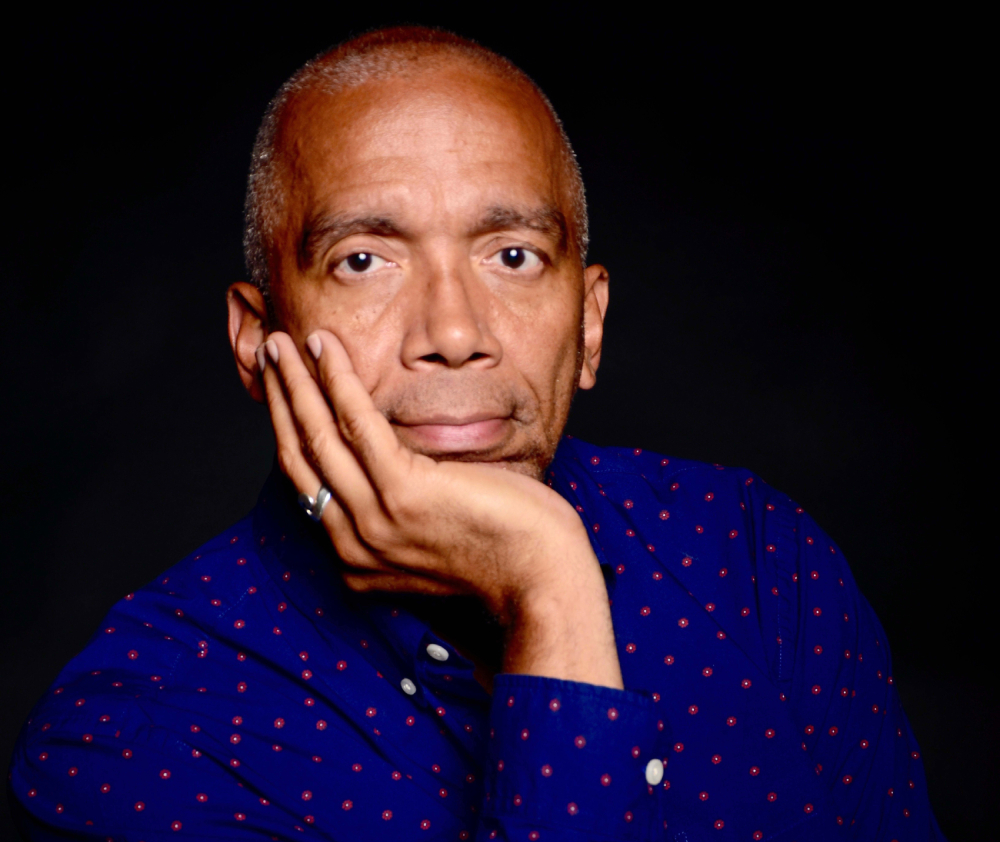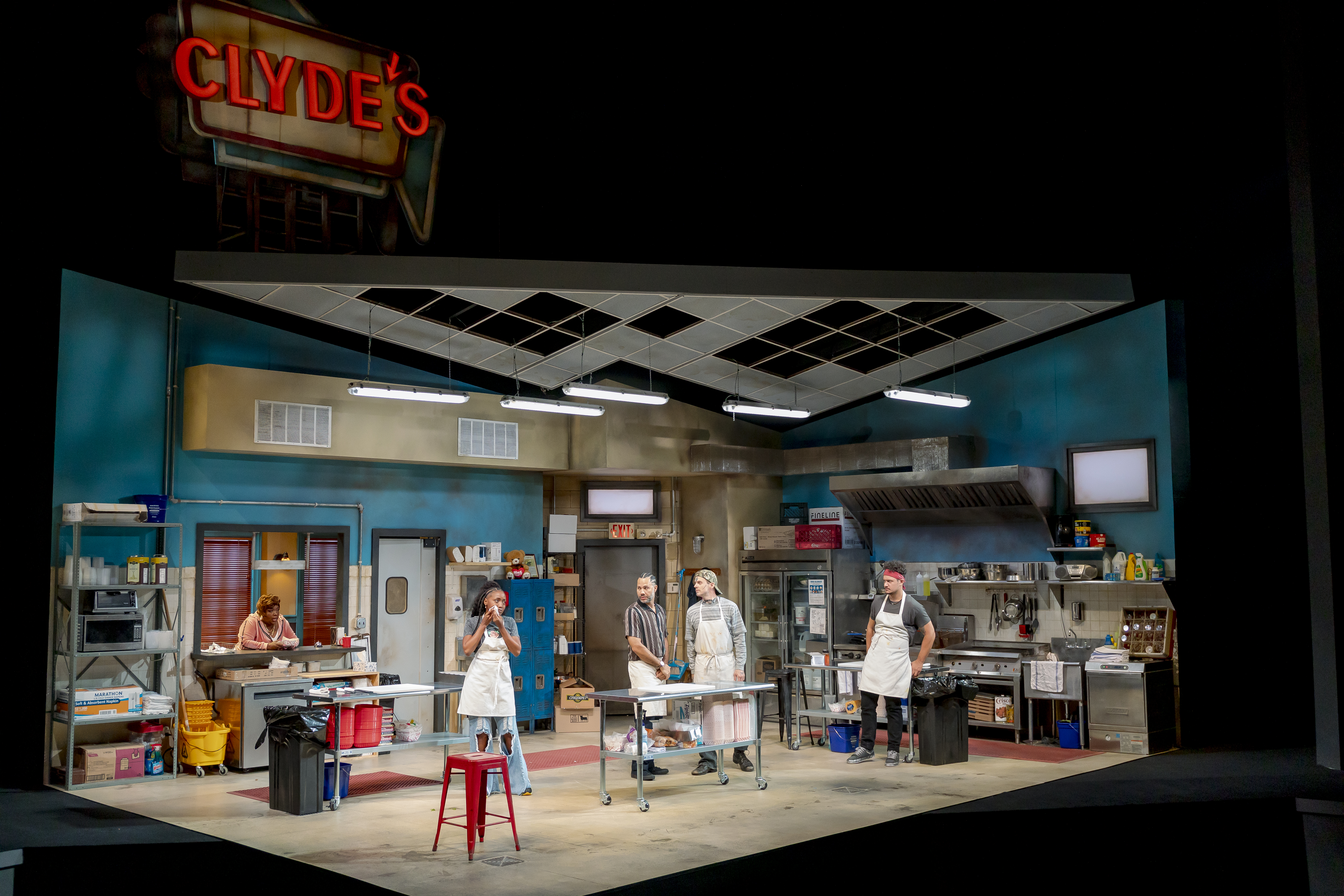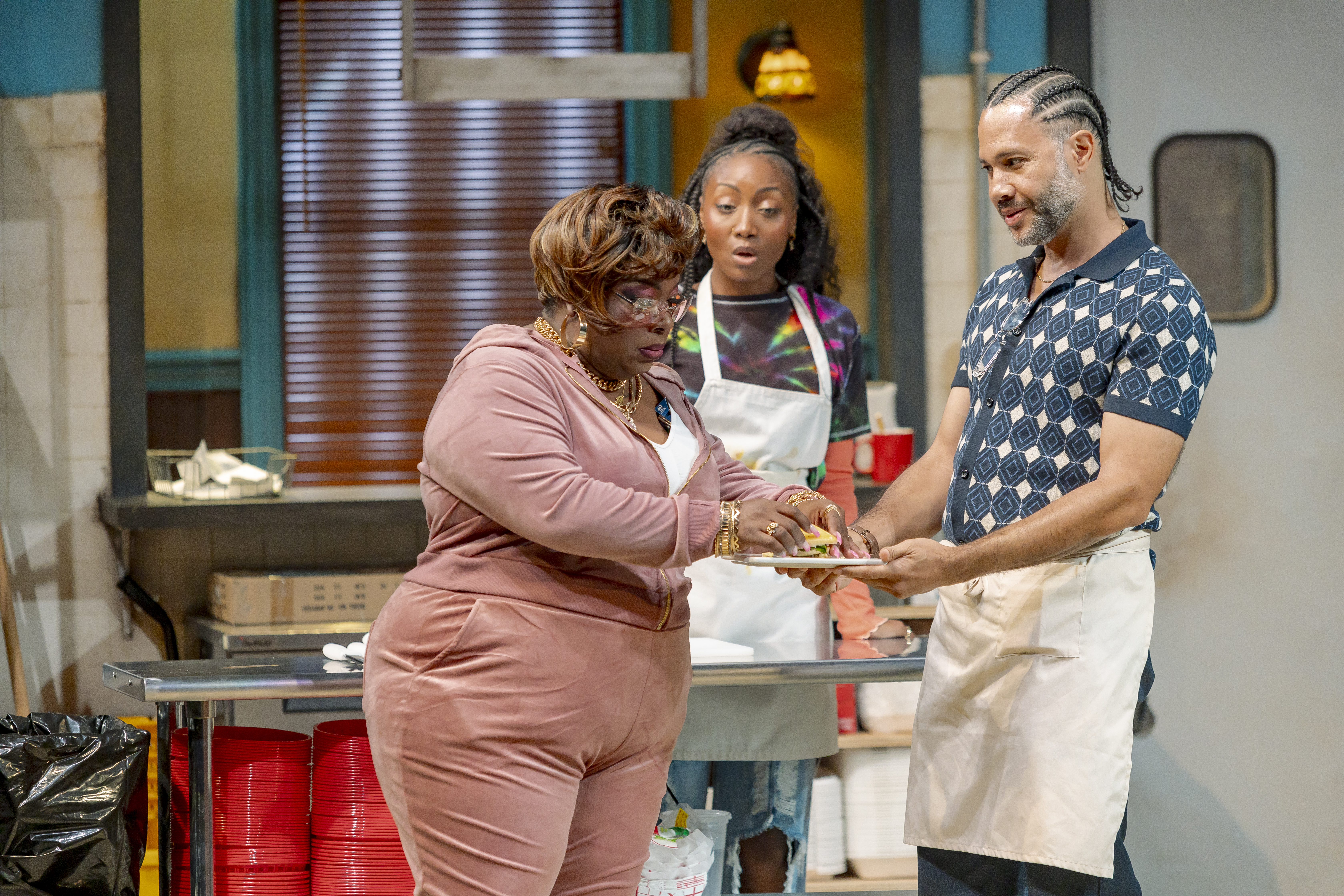Illuminating Humanity and Believing in Grace in CLYDE'S

Lynn Nottage's Clyde's centers on the formerly incarcerated kitchen staff at a truck stop diner on a journey of redemption. Director Timothy Douglas shares his reflections on the play and artistic vision.
What do you view as some of the inherent strengths in or hallmarks of a Lynn Nottage work and particularly Clyde's?
What increasingly resonates with me from the in-depth discussions I've had with Lynn Nottage over the years is her fervent commitment to exposing the beating hearts and radiating souls of her characters. Each one of them goes through very human and often harrowing experiences, yet all emerge with their authentic resiliencies intact.
Clyde's is an intimate, diverse and specific work. What are some of your priorities as director to ensure these characters resonate to the fullest?
The initial priority for me is born of the casting process. It is essential I succeed in curating an ensemble of actors who individually and collectively are committed to centering themselves in their assigned roles and allowing that to be the revealing source of their respective characters (versus creating a whole other being outside and separate from who they innately are). During the casting process I'm also looking to identify artists who can viscerally resonate to the world of the play and all its given circumstances. Once cast, my singular goal is then to make certain we are putting all our energies and focus into serving the playwright's original intent. This is mostly based on this director's subjective perspective and interpretation, of course, but I've come to rely upon a universal if not ephemeral truth that emerges within the ensemble during the rehearsal process, which becomes our increasingly trusted rudder assuring the story's authentic navigation and reveal.
 Maiesha McQueen, Shannon Dorsey, Michael Chenevert, Austin Kirk and Juan Arturo
Maiesha McQueen, Shannon Dorsey, Michael Chenevert, Austin Kirk and Juan Arturo
Which themes in the script do you find the most appealing or thought-provoking?
The belief in and commitment to redemption, along with the necessary allowance for grace, and the practice of it — both within ourselves and others. Also known as forgiveness, it is required for the journey of the soul toward a genuine self-actualization.
Why is it important for the Playhouse to continue to champion works that explore the themes you referenced earlier?
The Playhouse's primary charge, along with the that of all the U.S.'s regional theaters, is to exist as a kind of time capsule for who we collectively are — and have been — as a society. As presenters of great theatrical works, we 'bury' that collective understanding in the psyches of our audiences, who will continue to dig up those treasured ideas and emotions therein long after our productions have played their final performances. From both sides of the footlights, we will revisit those memorable moments often as a reliable measure of our progress as individuals as well as members of our communities...including and especially the global one.
What do you want the audience to take away from Clyde's?
A deeper appreciation for their own slice of the bread of life, along with a curiosity and motivation to create new sandwich possibilities.
 Maiesha McQueen, Shannon Dorsey and Michael Chenevert
Maiesha McQueen, Shannon Dorsey and Michael Chenevert